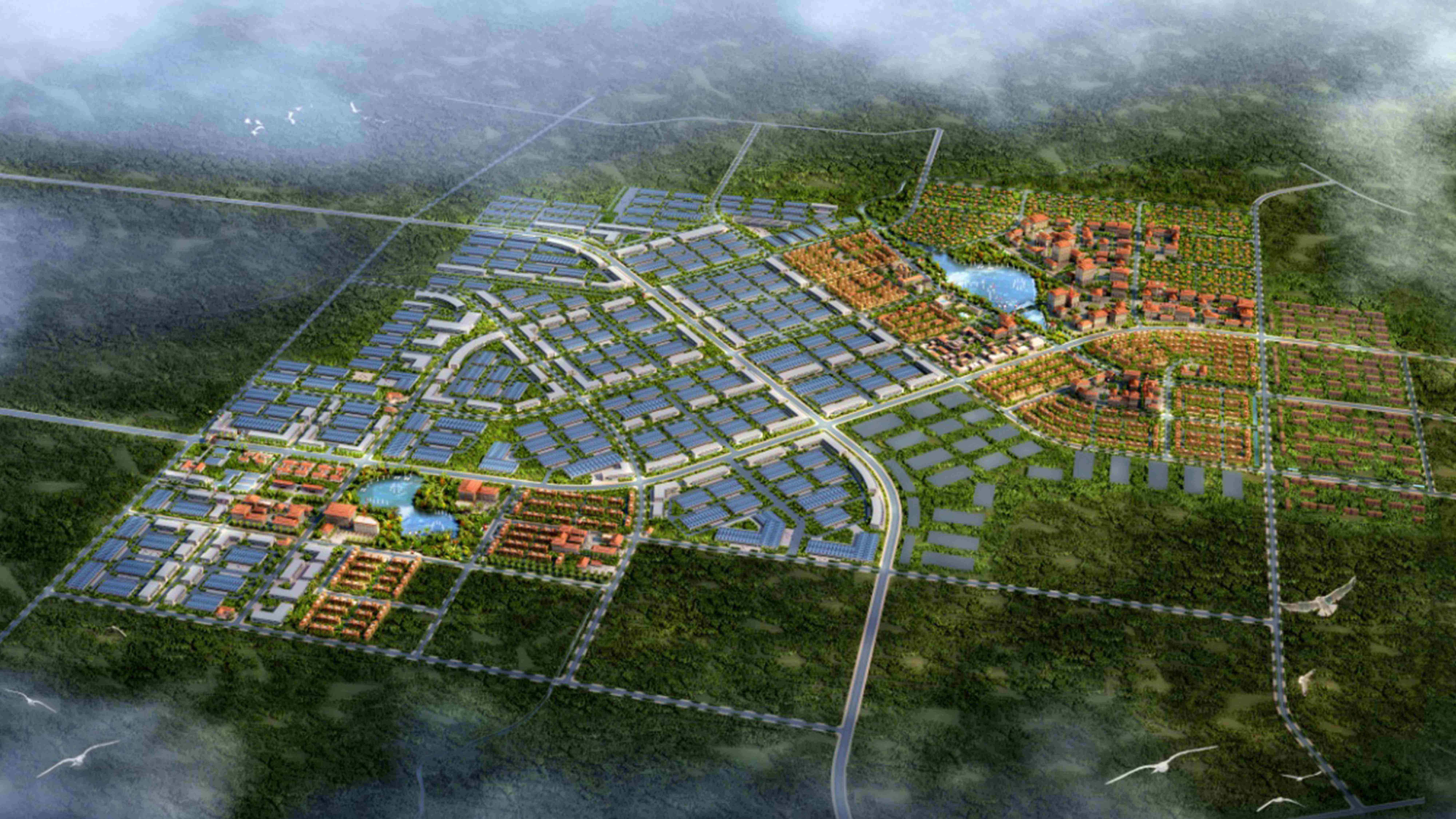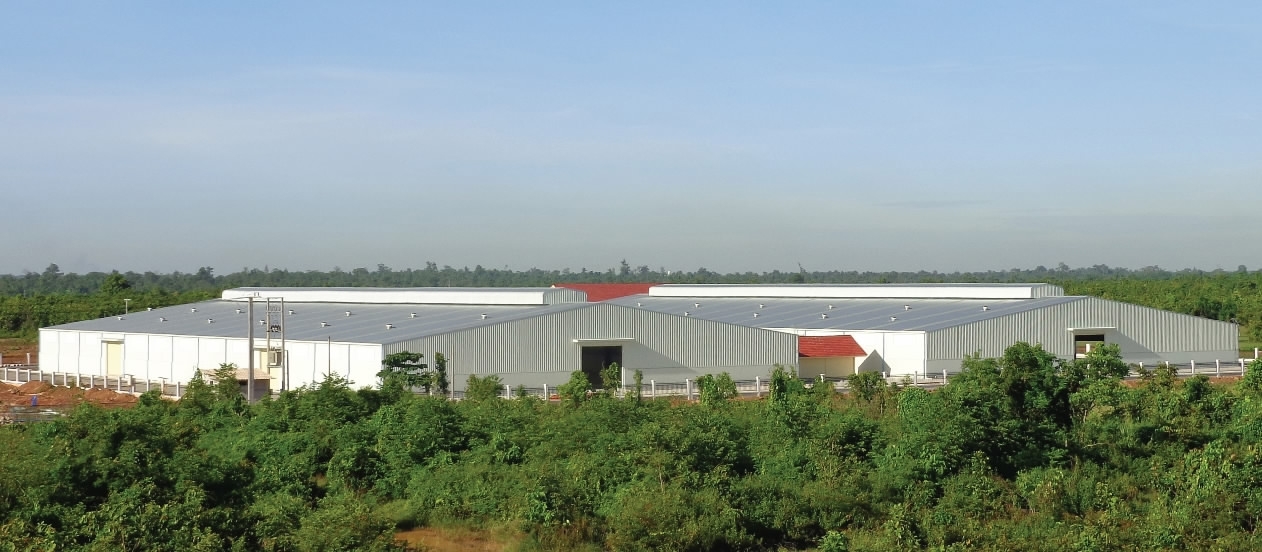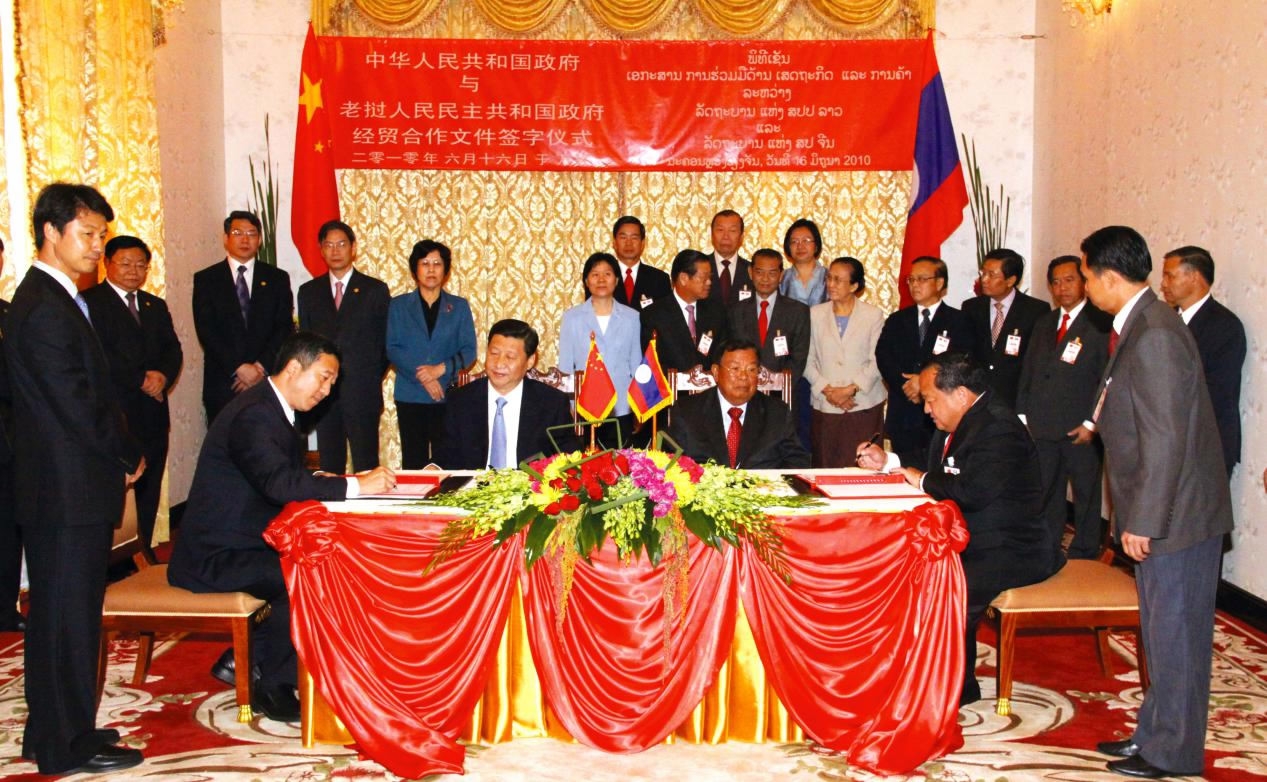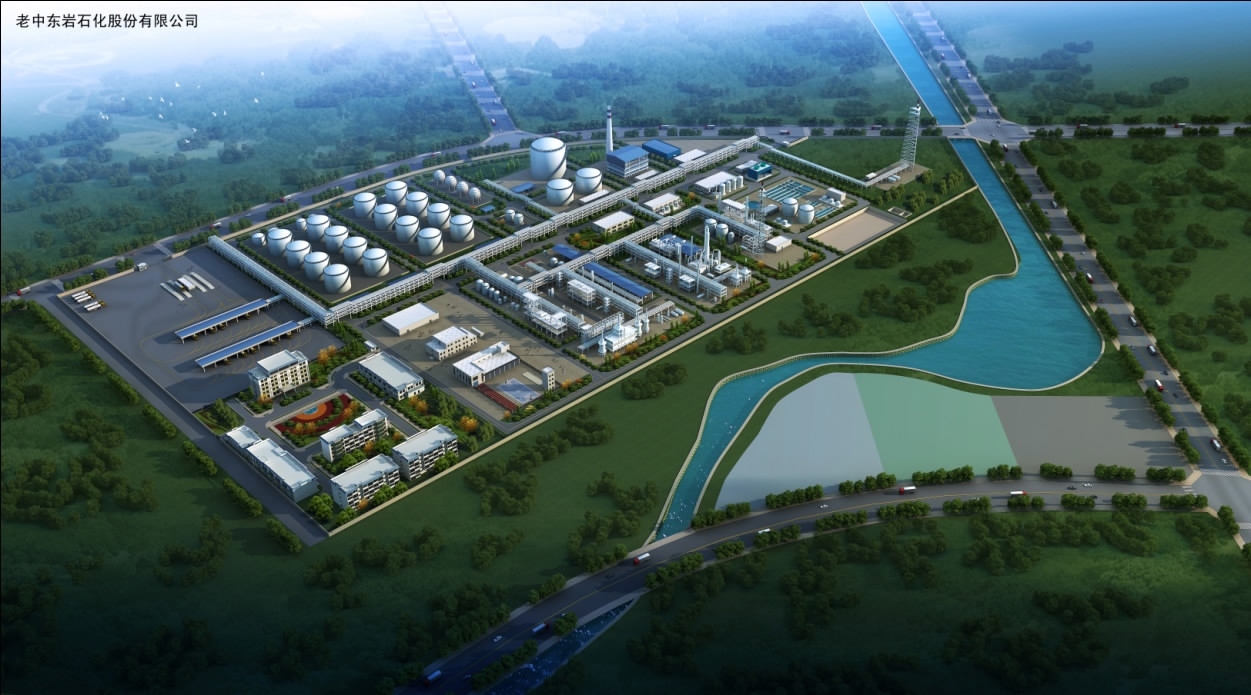
Business
20:22, 12-Nov-2017
Joint development zone helps Laos' economic growth
By CGTN's Meng Qingsheng

As the Belt and Road Initiative advances, China and Laos have forged closer economic and trade relations. Lao official data shows that in 2016, China invested in over 760 projects in the country, covering various fields including mining, agriculture, and energy. Of these projects, 70 percent are solely Chinese-invested, and 30 percent were China-Laos joint ventures.
Saysettha Development Zone, located in a suburban district 17 kilometers northeast of Vientiane, capital of Laos, covers an area of 11 square kilometers. It’s designed to be a model of industrial zones in the country.

Factory inside Saysettha Development Zone /Photo by Lao-China Joint Venture Investment
Factory inside Saysettha Development Zone /Photo by Lao-China Joint Venture Investment
The project is jointly developed by China’s Yunnan Provincial Overseas Investment Co., Ltd. and the Vientiane Municipal Government. Lao-China Joint Venture Investment Co., Ltd. is undertaking the construction work. Its general manager Liu Hu says, “As Laos is a landlocked country, its development requires exterior investment and technological supports. We have brought here from China industries fitted to Laos' growth pattern, like food processing, power supply as well as oil refining.”

Laos and China sign the Memorandum of Understanding on Vientiane Comprehensive Development Project in June 2010, witnessed by then Chinese Vice President Xi Jinping and his then Lao counterpart Bounnhang Vorachit. /Photo by Lao-China Joint Venture Investment
Laos and China sign the Memorandum of Understanding on Vientiane Comprehensive Development Project in June 2010, witnessed by then Chinese Vice President Xi Jinping and his then Lao counterpart Bounnhang Vorachit. /Photo by Lao-China Joint Venture Investment
Construction work at the development zone started back in 2013. The program has attracted nearly 40 companies so far from around Asia. Set to be completed in 2030, more than 200 companies are expected to be in operation here.
Industries in the zone are expected to complement Lao economic growth. Wang Bin, general manager of Wan Yuen Foods (Lao), says he enjoys much convenience of services, especially the reduction of taxation and the removal of tariffs.

Laos' first ever oil refinery under construction /Photo by Lao-China Joint Venture Investment
Laos' first ever oil refinery under construction /Photo by Lao-China Joint Venture Investment
Lao officials have welcomed cooperation from companies to further job growth in the zone. They hope to get more support from the Chinese government, and for more and more Chinese companies to enter this development zone and make it an exemplary model for bilateral cooperation.
The development zone will be built into an "industrial park plus new city area" upon its final completion in 2030. Lao government says the project will not only promote its socio-economic development, but also help facilitate the realization of Laos' target to graduate from the Least Developed Country status by 2020.
2781km

SITEMAP
Copyright © 2018 CGTN. Beijing ICP prepared NO.16065310-3
Copyright © 2018 CGTN. Beijing ICP prepared NO.16065310-3